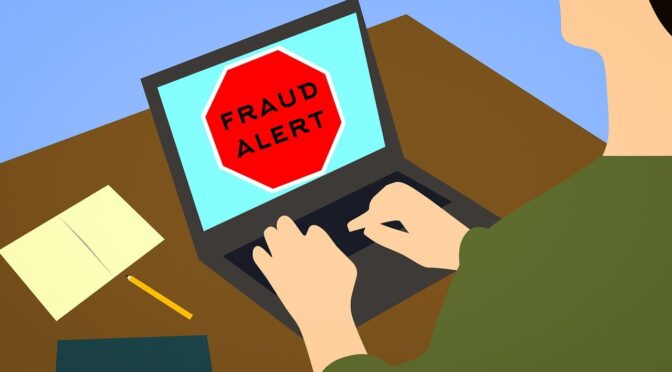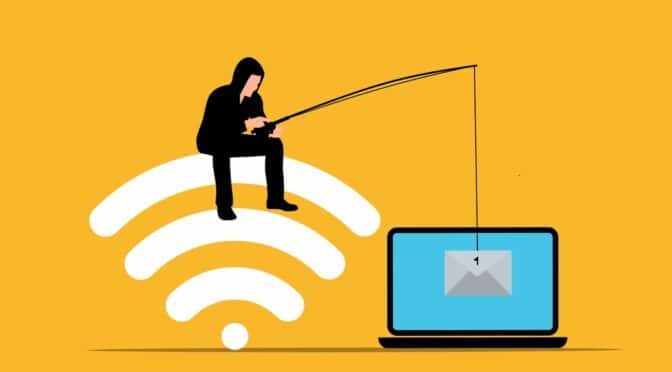by Barbara Nevins Taylor
It’s the season for income tax refunds. And who doesn’t want to get something back? But the email circulating now is not from the Internal Revenue Service (IRS).
At a very quick glance, it looks like it might be real.
It has the glorious news that you’re due a refund. But don’t be fooled. Dianne Besunder, an IRS spokesperson, tells ConsumerMojo.com, “The IRS does not initiate contact with taxpayers by email to request personal or financial information.”
This a blatant phishing scam that apparently also victimized a domain holder. We traced the domain to a Colorado artist whose husband runs the site for her. He told us, “They have chosen my website for reasons unknown. I have no control over other people spoofing that address.”
Federal Trade Commission (FTC) attorney Steven Toporoff cautions against clicking on any link in a post that offers you money, or asks for personal information. “We advise people not to click on the link, but suggest you go to the official website for the government agency or company and follow the advice and instructions on that site.”
What happens if you click the link
Clicking the link may take you to a page that asks for your Social Security number and other personal information. Do not give it out.
The FTC’s Toporoff says, “You may be giving your information to identity thieves who will use it, or sell your information to others. Or, it could be that they are installing some kind of malware or malicious software when you click on the link.”
Best advice If you get an IRS phishing email, the real IRS asks that you send the information to this address: phishing@irs.gov., so that the agency can investigate. The FTC also investigates and goes after scammers.
It would also like to see a copy of the email, or text: http://www.onguardonline.gov/phishing
Then delete the email. Tell us about your experience with phishing scams.
Like us on Facebook and Follow us on Twitter


